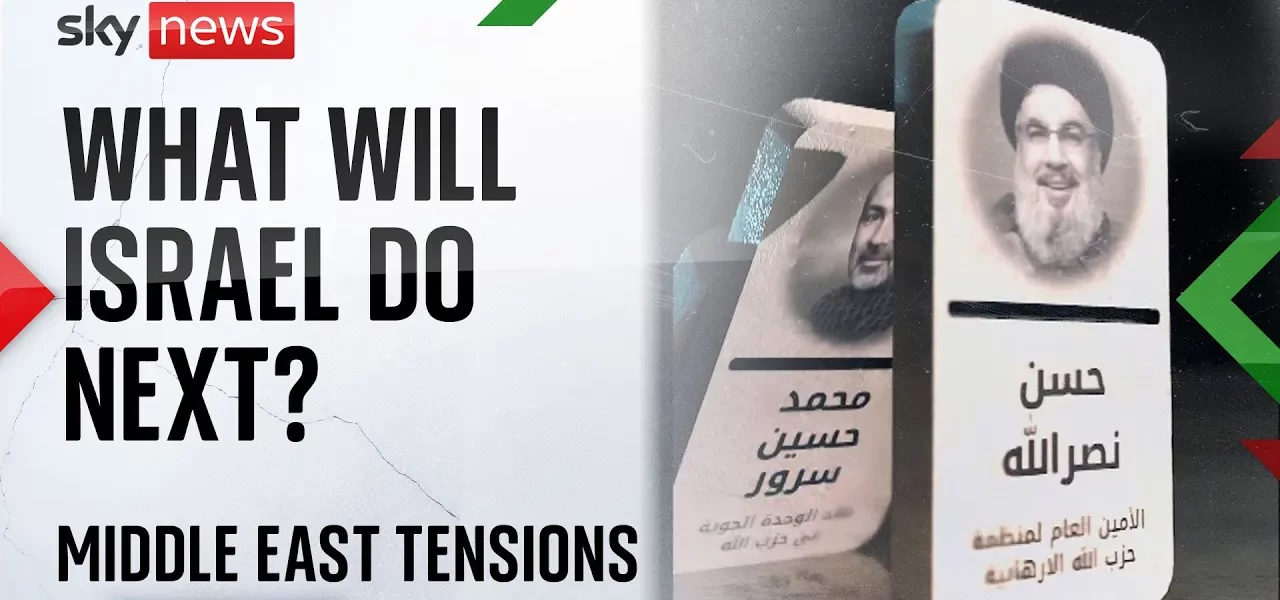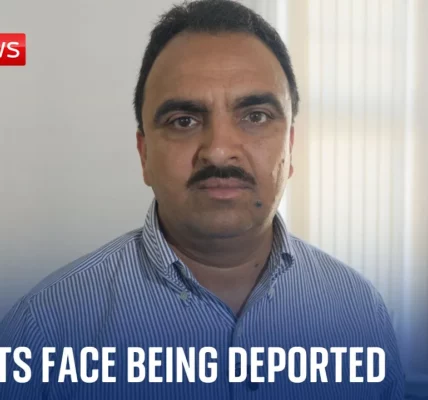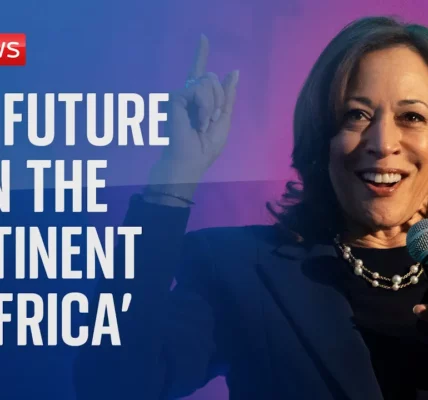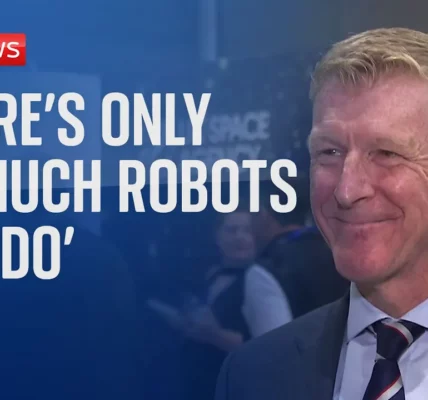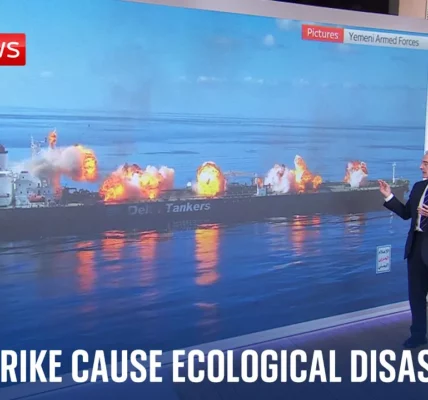The Clearest Sign Yet That Israel’s War with Hezbollah is About to Expand

This article delves into the recent escalation of conflict between Israel and Hezbollah, examining military readiness, regional dynamics, and the perspectives of both sides amid ongoing tensions.
Introduction
The situation along the Israel-Lebanon border has reached a critical juncture, as Israeli tanks are mobilized for potential ground assaults against Hezbollah. The Israeli Defense Forces (IDF) are on high alert, reflecting a significant shift in military strategy following the death of a key Hezbollah leader. This article explores the implications of these developments, the reactions from various stakeholders, and the potential outcomes of this intensifying conflict.
Military Readiness and Operations
The IDF is currently in a state of peak readiness, prepared for both defensive and offensive actions. This military posture indicates a strategic pivot aimed at not only securing Israeli borders but also restoring deterrence in a volatile region. Below are some key points regarding Israel’s military operations:
- Mobilization of reservists for northern operations.
- Increased presence of Israeli tanks along the Lebanon border.
- Heightened alert across multiple fronts, preparing for a range of potential scenarios.
Strategic Objectives
The primary objectives of the IDF in this context include:
- Securing national borders against incursions.
- Restoring deterrence against Hezbollah and its backers.
- Disrupting Hezbollah’s command and operational capabilities.
Hezbollah’s Response and Regional Implications
The big question looming over this conflict is how Hezbollah, along with its chief supporter Iran, will respond to Israel’s military actions. The atmosphere in Tehran is charged with emotion as the Iranian government has declared five days of mourning following the death of the Hezbollah leader. This section examines the potential ramifications of these events:
Public Sentiment in Iran
The streets of Tehran are filled with anger and sorrow, reflecting a strong emotional response to Hezbollah’s leadership loss. Statements from Iranian leadership emphasize solidarity with Hezbollah:
- The Supreme Leader’s address on state television rallying regional support.
- Calls for unity among resistance forces across the region.
- Expressions of determination to retaliate against Israeli actions.
Israeli Public Reaction and Resilience
Despite the ongoing threats, the Israeli public has displayed a remarkable sense of resilience and support for military operations. Recent events at public gatherings, such as beach outings, underscore the community’s adaptability and courage:
Community Responses
When news broke of significant military developments, reactions varied:
- Supportive cheers for military actions against Hezbollah.
- Calm responses to air raid sirens, indicating a level of preparedness.
- Gatherings of citizens in public spaces, demonstrating normalcy amidst conflict.
Conclusion
The current phase of the Israel-Hezbollah conflict marks a significant escalation, characterized by heightened military readiness on both sides and a complex interplay of public sentiments. As events unfold, the eyes of the world will remain focused on how these dynamics will shape the future of regional stability. For those seeking further insights into this evolving situation, we invite you to explore our related articles on military strategy and geopolitical tensions.
“`
